

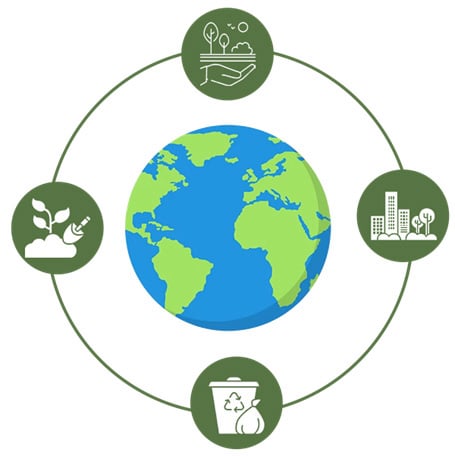
Sustainable Land Use: Promote responsible land use practices that minimize soil erosion, deforestation, and habitat destruction. Encourage reforestation and afforestation efforts to restore natural ecosystems.
Soil Conservation: Implement soil conservation techniques such as terracing, contour farming, and organic farming to prevent soil degradation and promote fertility.
Waste Management: Develop effective waste management systems,
including recycling and composting, to reduce landfill waste and soil pollution.
Urban Planning: Advocate for eco-friendly urban planning that emphasizes green spaces, parks, and sustainable building practices.
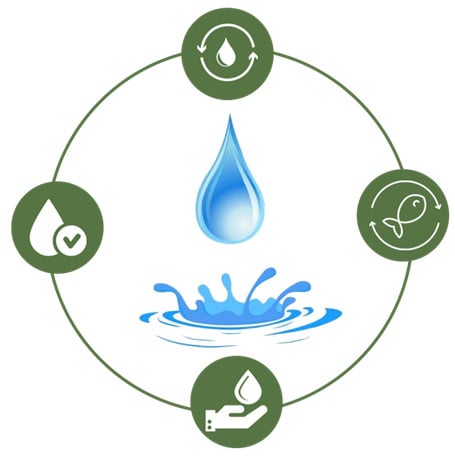
Water Conservation: Promote water conservation practices in agriculture, industry, and households. Encourage rainwater harvesting and efficient irrigation methods.
Water Quality: Monitor and protect water quality in rivers, lakes, and oceans. Implement wastewater treatment systems to reduce pollution.
Watershed Management: Adopt watershed management approaches to preserve the health of entire ecosystems, including rivers and aquatic life.
Sustainable Fishing: Regulate fishing practices to ensure the sustainability of
marine and freshwater ecosystems.
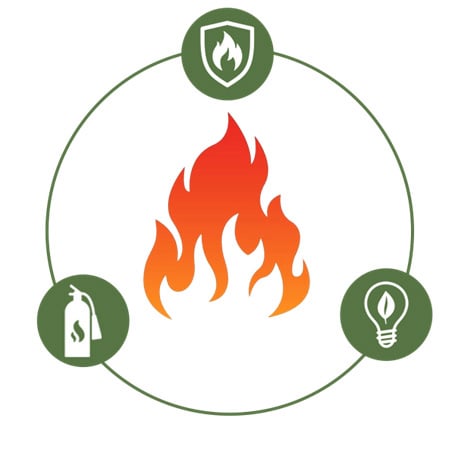
Wildfire Prevention: Develop and implement wildfire prevention strategies, including controlled burns and firebreaks.
Firefighting Infrastructure: Invest in firefighting equipment and infrastructure to contain and control wildfires quickly.
Energy Efficiency: Promote energy efficiency to reduce the carbon footprint and mitigate the risk of wildfires caused by human activities.
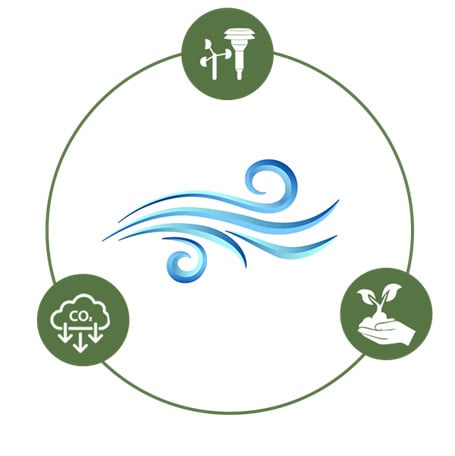
Air Quality Monitoring: Establish comprehensive air quality monitoring
systems to detect and combat air pollution.
Emission Reduction: Encourage the adoption of clean energy sources
and technologies to reduce greenhouse gas emissions.
Reforestation: Promote tree planting and forest preservation to enhance
carbon sequestration and improve air quality.
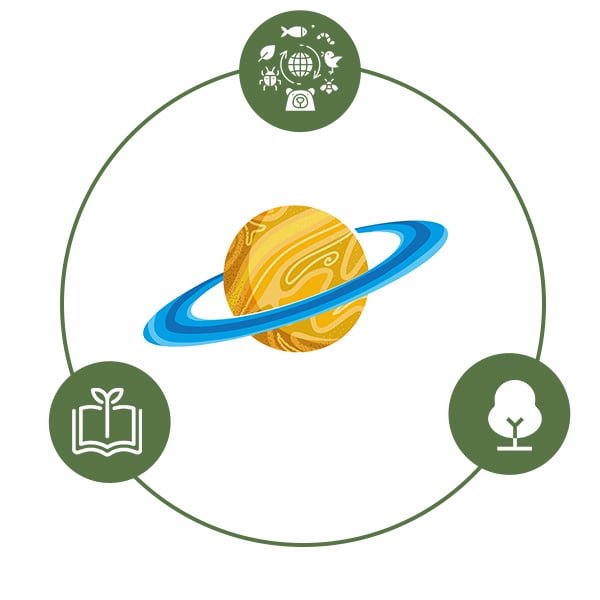
Biodiversity Conservation: Protect and preserve biodiversity by establishing
protected areas, conserving endangered species, and preventing habitat destruction.
Environmental Education: Raise awareness about the importance of the
environment and the interconnectedness of all life forms.
Holistic Sustainability: Encourage holistic sustainability practices that consider
the long-term impact of human activities on the environment.
To make this model effective, we have started collaborating between governments, non-governmental organizations, communities, and individuals. We have also included policies, regulations, incentives, and education to drive positive environmental change and ensure the well-being of both the environment and society.